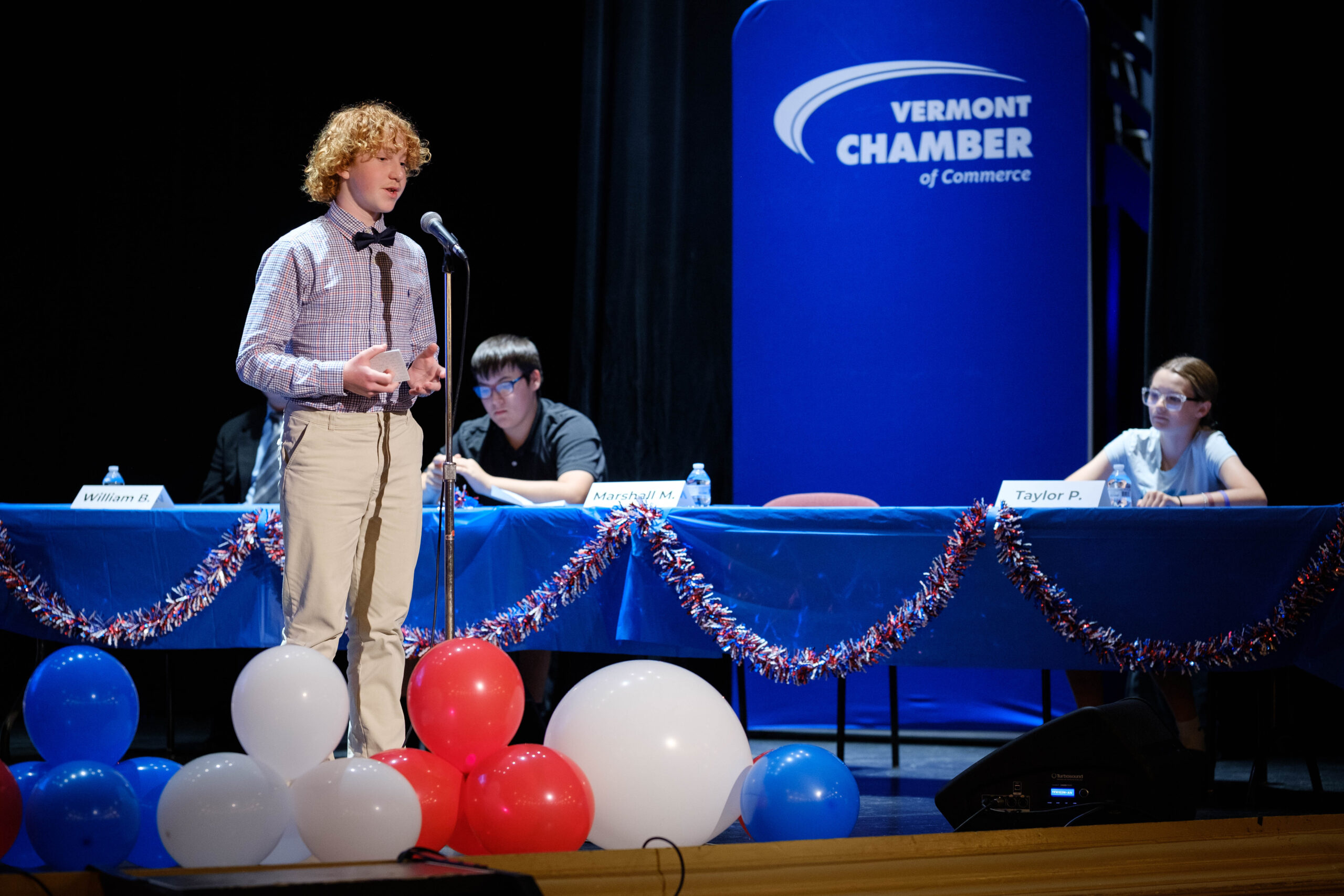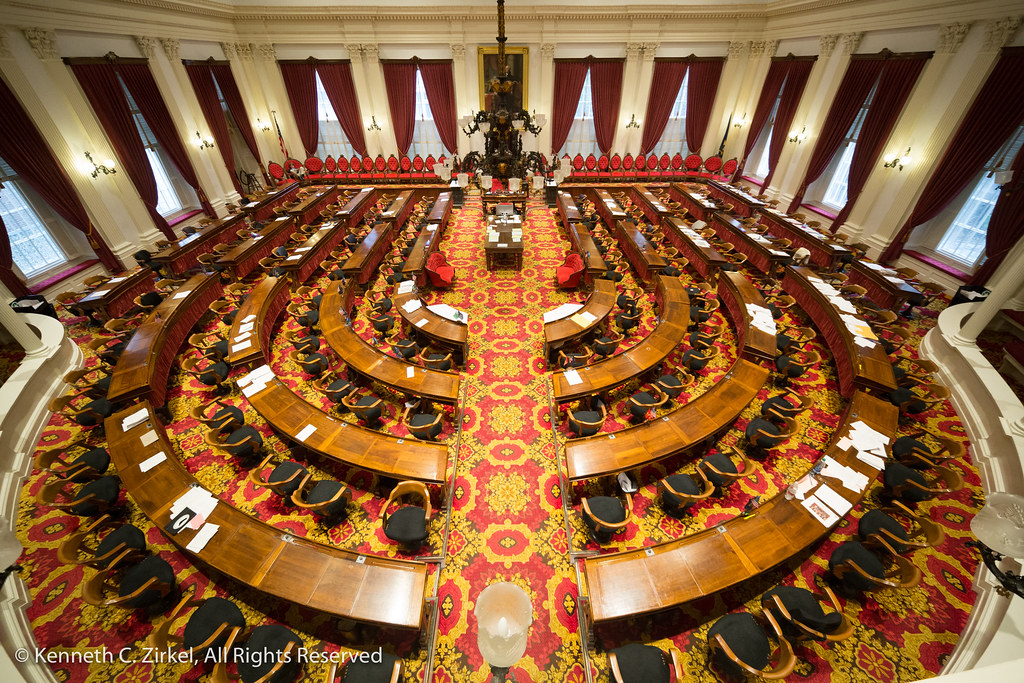Bill Updates
- H.715 Clean Heat Standard: The House passed the Clean Heat Standard (H.715) by a vote of 96 to 44. If the Senate passes H.715 with a two-thirds majority, the measure could become law even if Governor Scott issues a veto. An effort by Rep. Harrison, Rep. Fagan and Rep. Murphy to require the Legislature to review the program design before it is implemented failed by a vote of 44 to 96. Learn more at https://www.vermontfuel.com/chs/.
- H.329 Discrimination: This bill has stalled in the House General, Housing, and Military Affairs Committee after receiving testimony on the impact this would have in school settings. New bill language has been proposed, but missed crossover. It will need to be incorporated into a bill previously passed by the Senate in order to pass this biennium.
- H.730 Liquor Law Modernization: The bill was passed favorably out of the House Ways and Means Committee with amendment and will now move to the House floor. If enacted, both fortified wines and low alcohol spirit-based beverages (known as ready-to-drink cocktails) would be permitted to be sold via retail outlets and beverage wholesalers, providing greater access to products for both licensees and consumers. The bill also contains several other modernization provisions and technical changes put forward by the Administration.
- S.53 Corporate Income Tax and Military Pensions: The bill was passed favorably by the Senate and will now be reviewed by a conference committee of House and Senate members. The House and Senate committees of jurisdiction took drastically different approaches to changes in the corporate income tax modernization proposals and reconciliation between these two bodies may be challenging.
SHARE THIS ARTICLE
RECENT NEWS




